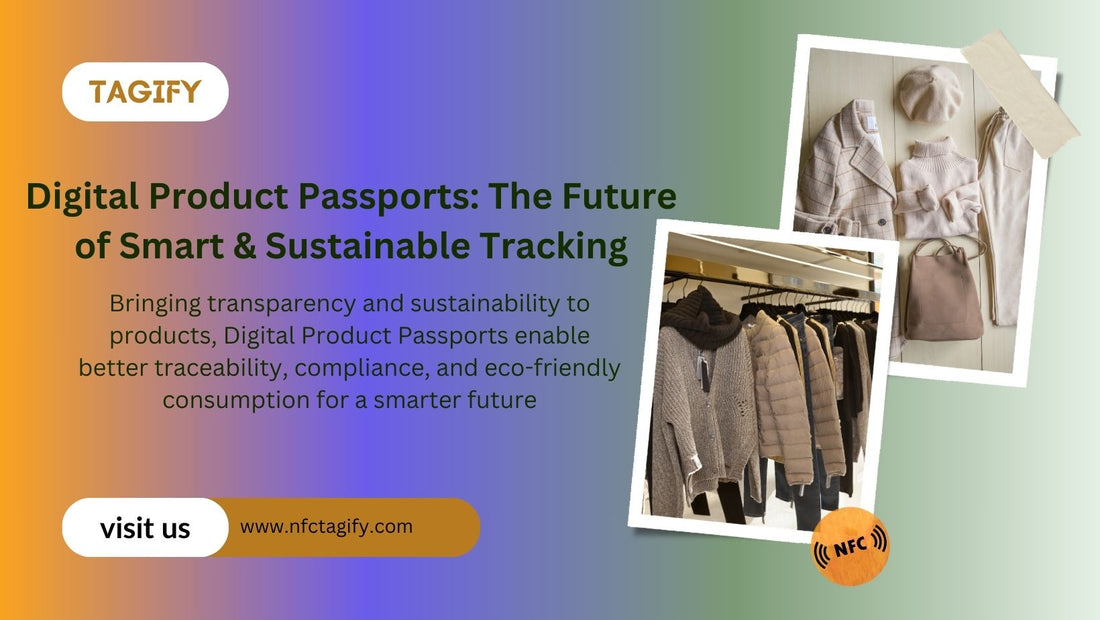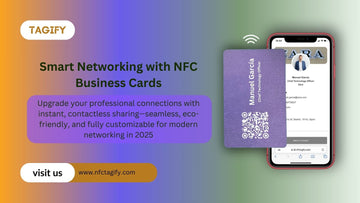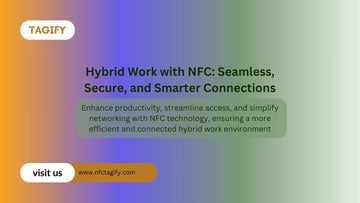Digital Product Passports: A Sustainable Future
Introduction
In the evolving landscape of **sustainable commerce**, the **Digital Product Passport (DPP)** is emerging as a transformative solution. DPPs enhance **transparency, traceability, and sustainability** by providing detailed, accessible information about a product's lifecycle—from production to disposal.
With growing environmental concerns and regulations pushing for greener practices, industries are now shifting toward **digitally traceable** and **sustainable** solutions to improve product accountability.
1. What is a Digital Product Passport?
A **Digital Product Passport (DPP)** is a digital record attached to a physical product. It contains **detailed information** such as:
- **Material composition and sourcing**
- **Manufacturing processes and certifications**
- **Carbon footprint and environmental impact**
- **Repair, recycling, and reuse guidelines**
- **Regulatory compliance and warranty details**
This **centralized data hub** ensures that both consumers and businesses can **track, verify, and optimize** product usage for a **more sustainable** economy.
2. How Digital Product Passports Work
DPPs are typically implemented using **Near Field Communication (NFC) tags** or **QR codes**, which are embedded into the product. When scanned, these digital identifiers connect users to a **secure online database** containing the product’s history and lifecycle data.
3. Adoption Timeline and Regulations
The **European Union (EU)** has been a major proponent of **Digital Product Passports**, making them **mandatory for certain product categories**. By **2030**, industries such as **textiles, electronics, furniture, and automotive** must incorporate DPPs into their products to meet **sustainability goals**.
4. Benefits of Digital Product Passports
Integrating DPPs into industries brings **multiple advantages**:
- **Enhanced Transparency** – Consumers can verify product origins and sustainability claims.
- **Better Circular Economy** – Encourages **recycling, repairability, and responsible consumption**.
- **Regulatory Compliance** – Helps businesses meet **eco-friendly mandates** more efficiently.
- **Brand Trust & Credibility** – Provides **verifiable authenticity** and ethical sourcing details.
- **Waste Reduction** – Encourages reusability and proper disposal of materials.
5. Challenges and Implementation Considerations
Despite its benefits, DPPs **present challenges** that industries must address:
- **Data Standardization** – Ensuring uniform formats across industries.
- **Privacy and Security** – Protecting sensitive product ownership details.
- **Technology Integration** – Embedding NFC or QR codes in diverse product types.
Companies must start by implementing **basic traceability systems** and progressively adapt to **blockchain-secured** or **cloud-based** DPP solutions.
6. The Future of Digital Product Passports
As industries shift towards **greater sustainability**, **Digital Product Passports** will become an **essential tool** for ensuring transparency and promoting **eco-friendly practices**.
- **Global Adoption** – Expanding beyond the EU to worldwide markets.
- **Blockchain Integration** – Strengthening security and authenticity.
- **Automated Tracking** – AI-driven monitoring of supply chain sustainability.
Conclusion
The **Digital Product Passport** is set to **revolutionize the way products are tracked and managed**, offering both **businesses and consumers** a smarter, more sustainable future.
By embracing **DPP technology**, industries can enhance **regulatory compliance**, support a **circular economy**, and ensure that products remain **responsibly sourced and managed** throughout their lifecycle.
Get Started with Digital Product Passports Today!
We at NFC Tagify provide all sorts of NFC solutions.
📞 Call us: 01600800080
🟢 Message us on WhatsApp: +44 1600 800080
📧 Email us: info@nfctagify.com









